
Maybe you think about composting but don’t know how to start. Perhaps you heard compost piles are smelly… Despite what you may have been told, here are five reasons why compost is a great idea.
Composting is a game-changer for the home recycling and gardening enthusiast
From a practical standpoint, those who compost do so because they enjoy growing their own fruit and veg, and they like the sense of achievement of being able to serve their family fresh, healthy, homegrown produce. But from a wider perspective, composting and gardening can mean much more. Many people lead busy lives, and we feel that inspiring others to stay in touch with nature, slow down and just enjoy the simple things in life is important. Composting, gardening, bee-keeping… whatever you find works for you. Composting and gardening also fit perfectly into the ideals of reducing, reusing and recycling. It’s a win/win situation, whichever way you look at it.

Why you should start home composting
Did you know about a third of household waste is compostable? Rotting food in landfills is the second largest source of man-made methane emissions. Unsurprisingly, many municipalities and regional districts are looking to remove these organics from the landfill. Numerous countries and regions provide organic and food scraps collection or drop-off points for residents to encourage people to think before throwing compostable waste into their regular black garbage can.
The municipality (or private hauler) often provides a green bin to sit alongside the existing black garbage bin and a kitchen caddy to separate food scraps in the kitchen. Organic waste is then collected and taken to a large industrial scale composting facility for processing.
But are we missing the point? Maybe you don’t have a regular garbage (and organic) collection? What if you don’t want to see more pick-up vehicles on our roads? What if you want to hold on to the value in your food scraps? Shouldn’t we be encouraging everyone to compost at home and enhance their own soils to promote home grown food?
So below we list the top five reasons to compost at home.
Source: Bokashiliving
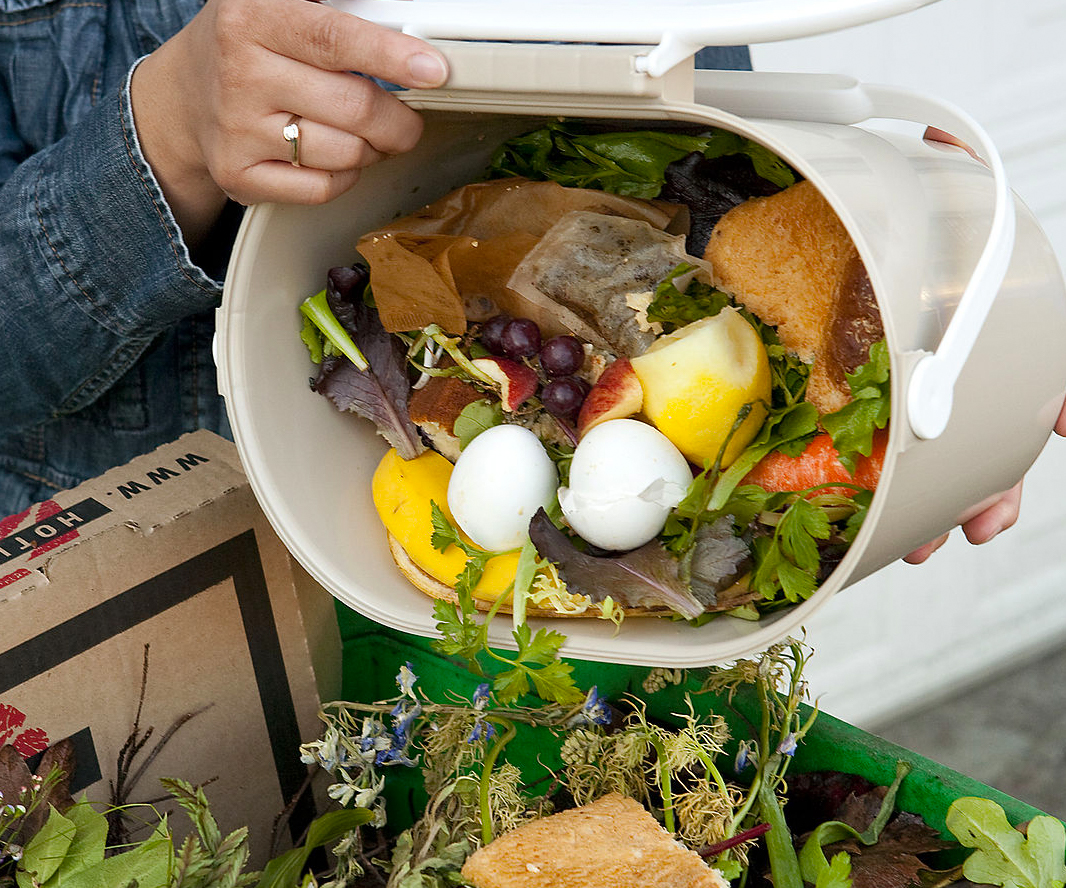
1. Reducing your waste is easy
And composting is easier than you may think. If you already sort your waste into trash versus recycling, it will be extremely easy to incorporate compost into your routine as well. It just requires an additional container to act as the compost bin and knowledge of what goes into the compost pile instead of your trash or recycling. There are plenty of online resources, posters, and printouts that you can put on your fridge or hang in your kitchen as a reminder of what goes in which bin to assist you and your household with the sorting process. It is best to look for resources from your city or county due to the different rules pertaining to trash, recycle, and compost collection depending on your area.

2. Produce quality compost and nourish your soil (free fertiliser/plant food)
Your food scraps can be transformed into fantastic compost and add much needed organic matter, nutrients and moisture to your soil. Maintaining healthy soil is essential for having a healthy garden and growing healthy fruits, vegetables, flowers and lawns.
By using your food scraps, grass clippings, and organic matter in an efficient way by repurposing them into plant food and fertiliser for your garden, you’re encouraging healthy soil structure and plant growth for your foliage.
Whether you’re a seasoned gardener or you’re thinking of beginning your gardening journey soon, one of the most important things for your plants is food. Every tree, bush, and plant in your garden and backyard use nutrients in the soil to help with plant growth to become strong and healthy.
Over time, the amount of nutrients in the soil deteriorates because they are taken up by the plants. These nutrients need to be reintroduced into the soil somehow. Some people buy fertiliser at their local hardware store or plant nursery, whereas others make their own! Reintroduction of completed compost into the soil in your garden will provide the nutrients your plants need to grow. And it’s free!
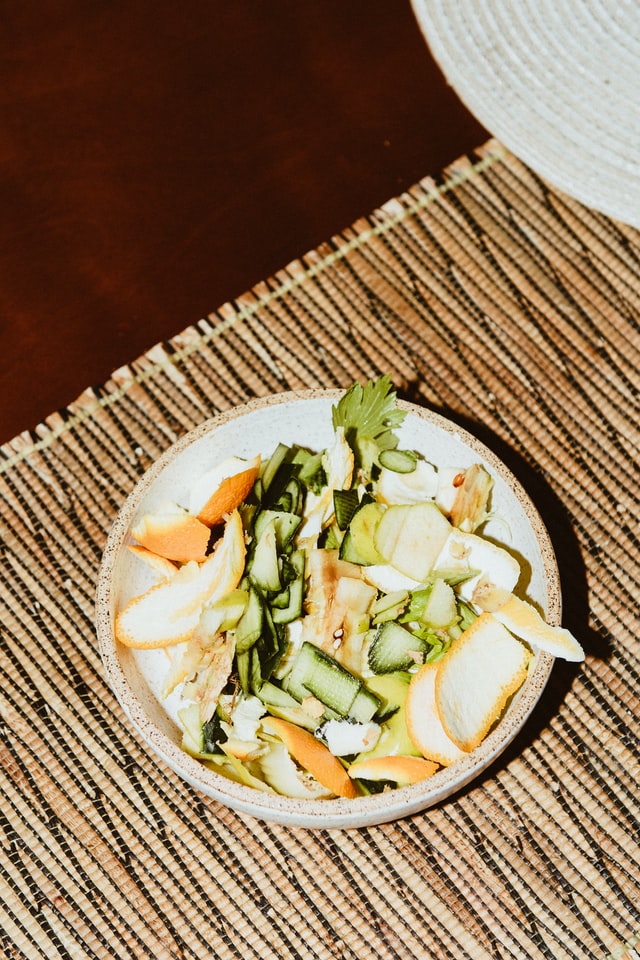
3. Reduce vehicle and diesel emissions in your neighbourhood
Many cities are starting to introduce Green Bin programs to collect household organic waste. Whilst this is great step in the right direction, it usually means another diesel pick-up truck to transport your food scraps to the compost facility, plus more trucks and engine emissions to return the compost to where it is needed; your garden.
More waste in the compost pile means less waste in the trash which means fewer bags of trash which means a smaller trash bill. Most US cities charge garbage collection by the size of the garbage bin. By putting more material into your compost bin or even recycling bin, you can get a smaller garbage bin and lower your garbage can rate. You can also feel good about not contributing as much to the landfill waste.
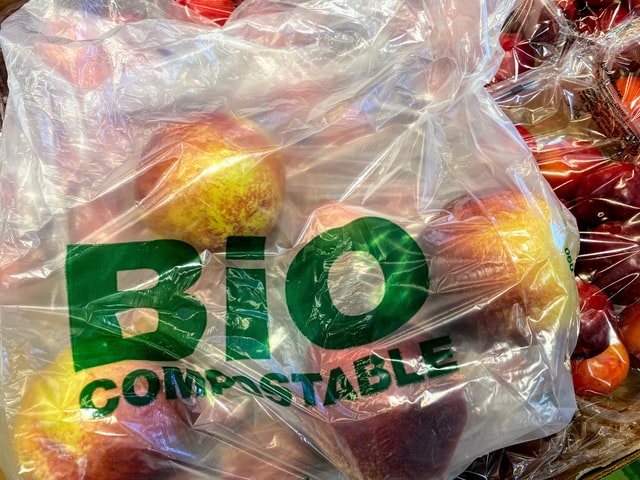
4. Reduce your carbon footprint
There are two key ways that composting at home helps to reduce our carbon footprints. Firstly, rotting food in our landfills is the second largest manmade source of methane emissions. Therefore, by composting this food ‘waste’ we can eliminate these emissions.
Secondly, composting at home means that we can prevent additional diesel pick-up vehicles needed to transport organic matter and compost to and from industrial composting facilities.
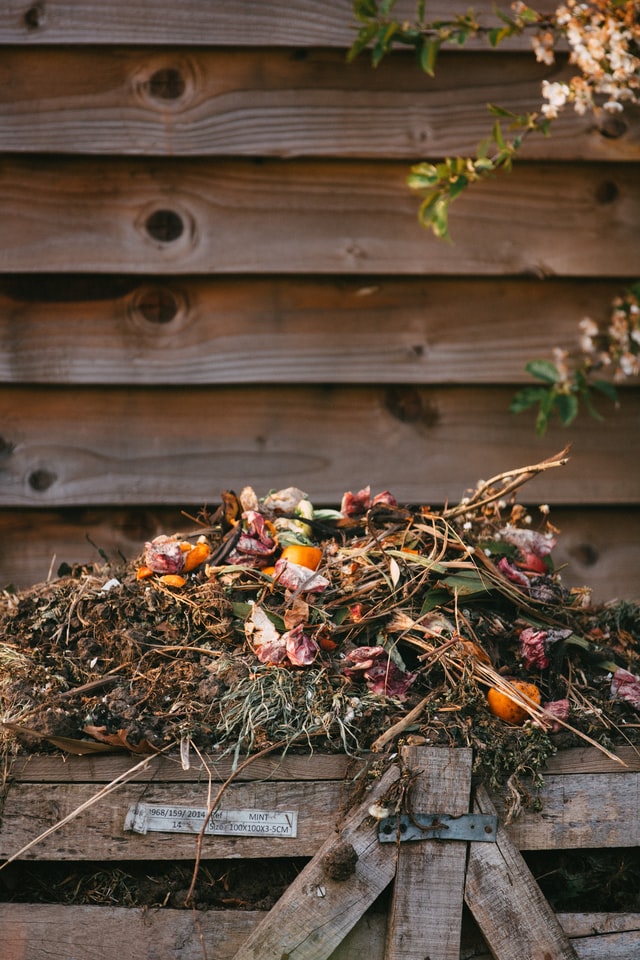
5. Control what you are putting into your soil (and into your body)
We are increasingly bombarded by messages about what is and isn’t put into our food. Many people are choosing to regain some control over what they feed themselves and their families by growing their own food. By feeding your soil with your own compost made from your own food scraps you can feel confident that food grown in your soil contains no additives or chemical fertilisers. Healthy soil to grow healthy food.
While it’s true that store-bought fertilisers are a lot easier and quicker to administer compared to waiting for compost to properly decompose, but part of the many pleasures of being a gardener, composter, and having a green thumb is doing what you can to help mother earth and the ecosystem around you.
Note, chemical fertilisers can cause soil hardening, and a decrease in the quality of the structure, increased pollution in the air and water, and an increase in toxic emissions into the atmosphere. It’s best to always garden chemical and pesticide-free.
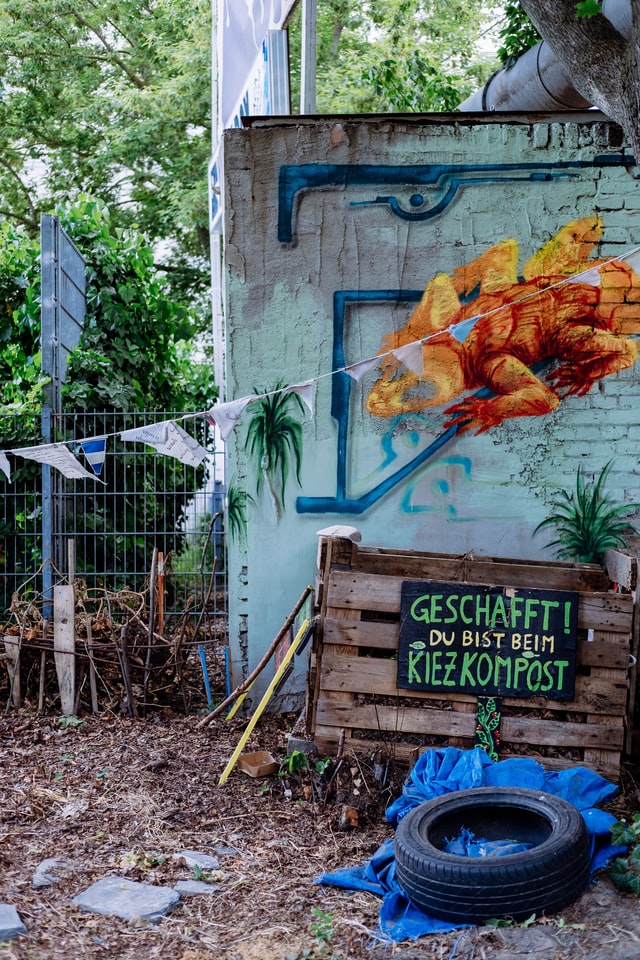
Composting helps reduce waste and completes the nutrient loop
Robert Vinson of NaturezEdge says that by implementing small changes one at a time throughout your household, you might not even notice how much progress you’ve made and it will become routine or second nature!
There are an infinite number of reasons why composting is important, but just to recap the main reasons tare to help reduce landfill waste, reduce toxic gas emission such as methane gas, reduce the usage of chemical fertilisers, and encourage plant growth. Let’s all do our part to help reduce waste and complete the nutrient loop by incorporating compost into your daily routine!
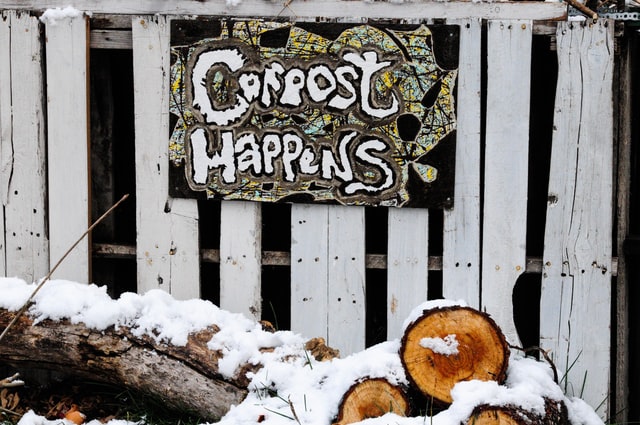
HOW TO MAKE A WORM COMPOST SYSTEM
Vermicomposting, or worm composting, allows you to compost your food waste rapidly, while producing high quality compost soil and fertilising liquid. Best of all, it's self-contained and nearly odourless.